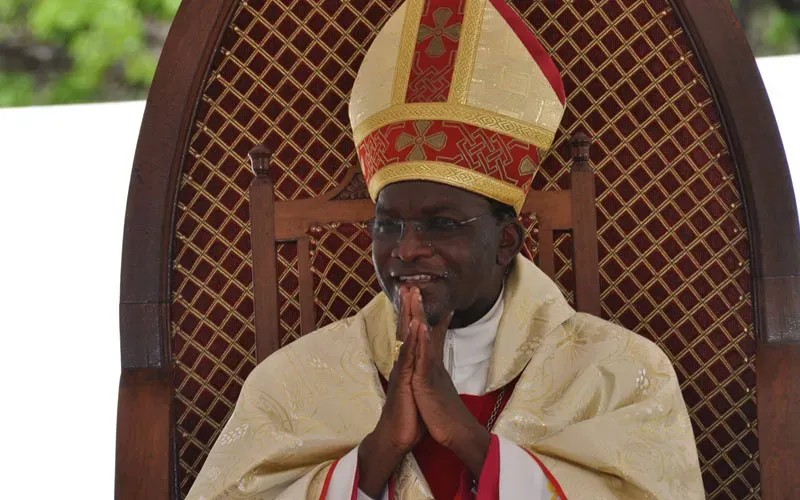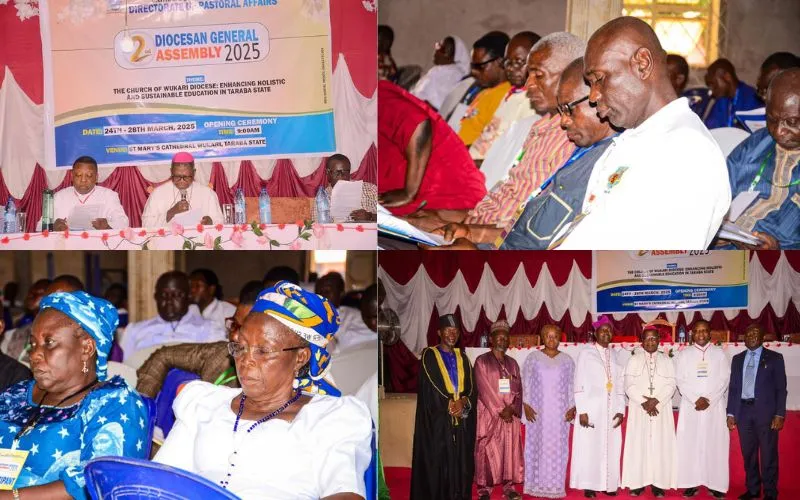Nakuru, 03 October, 2022 / 10:30 pm (ACI Africa).
The newly elected members of the executive in Kenya need to consider inclusivity in the appointment of State officials and to serve all Kenyans indiscriminately, Catholic Bishops in the East African nation have said.
In their collective statement read out during the National Prayer Day (NPD) at the Marian Shrine Subukia in Kenya’s Catholic Diocese of Nakuru on October 1, members of the Kenya Conference of Catholic Bishops (KCCB) also called upon political leaders elected during the August 9 general polls to focus on addressing the “real issues” affecting Kenyans.
“We ask the new leaders to be inclusive in their choice of those whom they will appoint in various offices and to also seek to address the real issues that are affecting the lives of Kenyans,” Catholic Bishops in Kenya said in their statement that was read out by the Chairman of KCCB, Archbishop Martin Kivuva Musonde.
They added, “As we welcome and congratulate all who were elected to various positions of leadership in the August 9 elections, we wish to remind them that they have been elected to serve all Kenyans.”
In their collective statement, KCCB members expressed their appreciation for the successful electioneering period that was manifested in a smooth transition from one government to another, both at the County and National levels.








